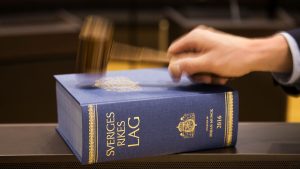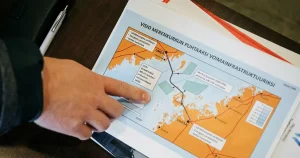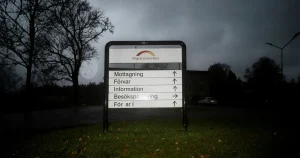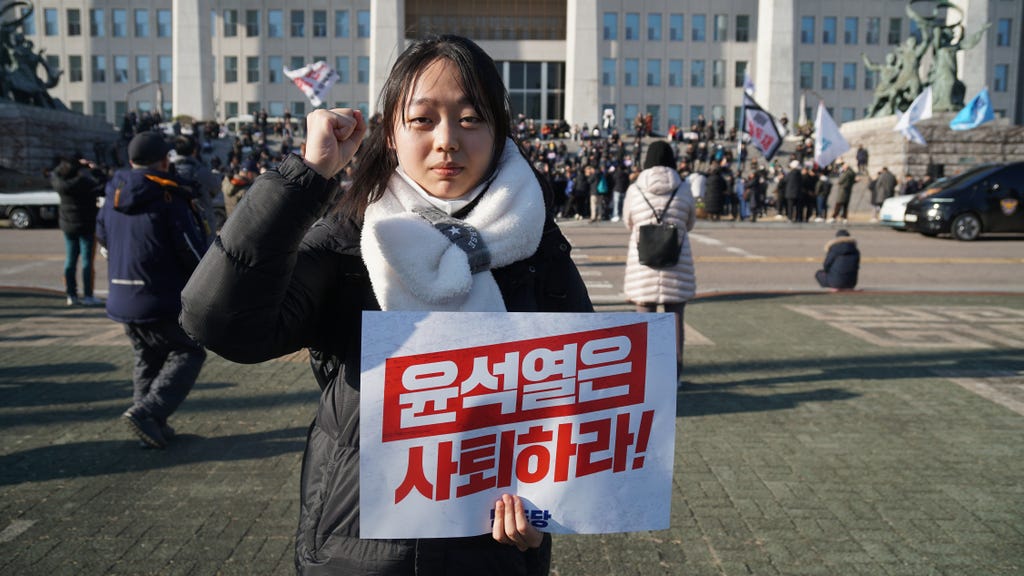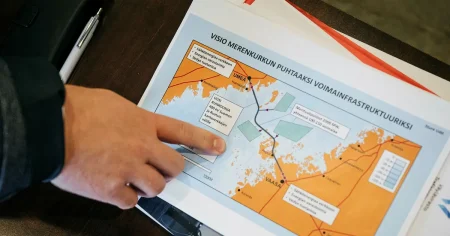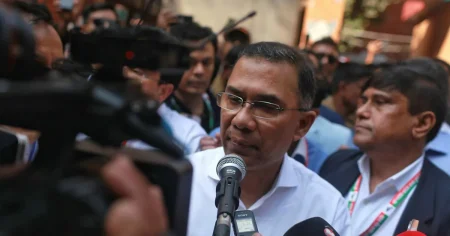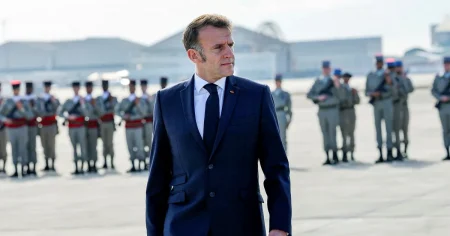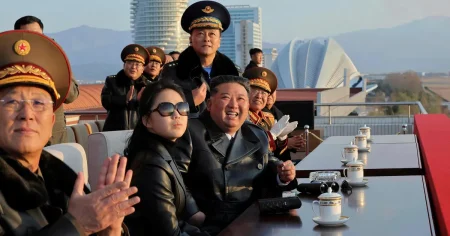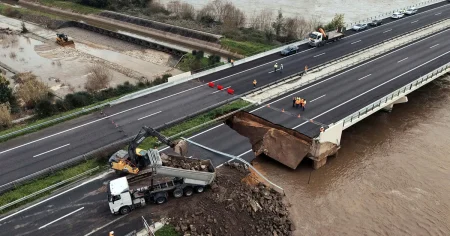South Korea was plunged into political turmoil on Tuesday when President Yoon Suk-Yeol unexpectedly declared a state of military emergency, a move that swiftly drew condemnation and calls for his resignation. The Democratic Party (DP), the country’s main opposition, immediately denounced the declaration and initiated impeachment proceedings against the president. This dramatic escalation marks a significant crisis for the young democracy and raises concerns about stability in the region. The president’s abrupt declaration and its subsequent reversal highlight deep political divisions within South Korea.
The president’s declaration of military emergency, ostensibly to combat ”pro-North Korean forces,” was met with widespread resistance. The opposition parties swiftly coalesced, with six parties, including the DP, formally launching impeachment proceedings. A motion for impeachment was submitted to the National Assembly, requiring a two-thirds majority vote to proceed. The Assembly was expected to vote on the motion within 72 hours of its submission, likely on Friday or Saturday. The speed with which the opposition mobilized underscores the seriousness with which they viewed the president’s actions.
Adding to the political chaos, Defense Minister Kim Yong-Hyun also faced calls for impeachment and offered his resignation. Han Dong-Hoon, the leader of the ruling People Power Party (PPP), demanded the dismissal of the defense minister and the resignation of the entire government, going further than other members of his party by also calling for the president’s expulsion. These internal divisions within the ruling party further complicate the political landscape and underscore the severity of the crisis. The government’s response to the crisis will be crucial in determining the country’s political trajectory.
Public outcry against the president’s actions intensified, with the Korean Confederation of Trade Unions (KCTU), the country’s largest trade union, calling for a general strike until President Yoon’s resignation. This public demonstration of dissent, coupled with reports of several presidential aides offering their resignations, adds further pressure on the president and his administration. The involvement of the KCTU signifies a broadening of the opposition to the president’s actions, extending beyond the political sphere and into civil society.
The president’s declaration of a military emergency proved short-lived. Following its rejection by the National Assembly, the president rescinded the declaration just hours after its announcement. This rapid reversal, though welcomed by the opposition and many citizens, did little to quell the political storm. The damage had already been done, with trust in the president severely eroded. The incident also led to the postponement of a planned visit by Swedish Prime Minister Ulf Kristersson and other high-ranking officials, further highlighting the international ramifications of the crisis.
The political fallout from this incident has been profound. The impeachment proceedings against President Yoon represent a serious challenge to his authority and could lead to his removal from office. The swift and decisive response from both the political opposition and civil society groups underscores the fragility of democratic institutions in South Korea, where a history of military rule still casts a long shadow. The coming days and weeks will be crucial in determining the future direction of the country’s political landscape. The events surrounding the brief declaration of emergency serve as a stark reminder of the ongoing tensions between executive power and democratic processes.


